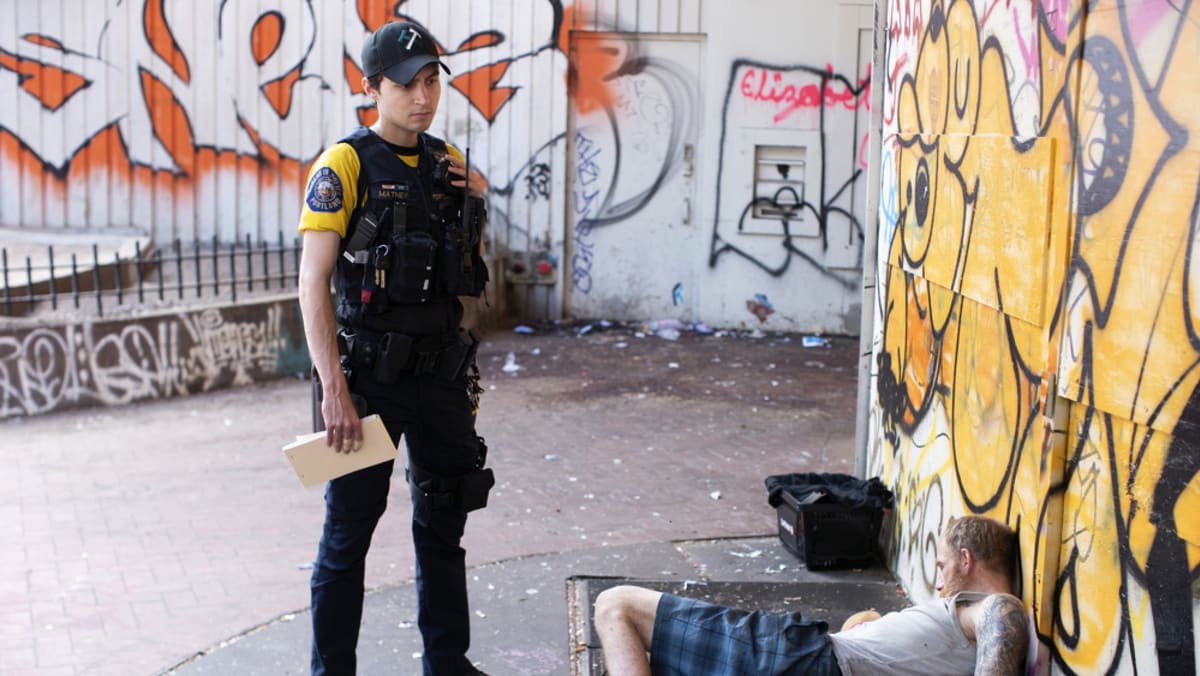An estate in the city’s Anderlecht district has meanwhile become a hotbed of crime and drug dealing for months.
At its peak, police struggled to contain the influence of local criminals. Dealers even set up checkpoints, blocking roads and conducting ID checks for people entering the housing blocks.
Law enforcement officials are now attempting to regain control of the estate by banning people from going there, including local residents, if needed. Patrols have also increased, and stricter sentences are being meted out to those found to have broken the law in the area.
DIFFICULT TO TACKLE SYNDICATES
Mr Teun Voeten, an anthropologist and journalist specialising in drug trafficking, said the struggle against crime syndicates is “very difficult” due to their creativity and flexibility.
He added: “If Belgium installs a new system of controlling, checking containers, (it) will take one or two years to install the system and to implement and to discuss. The drug organisations, they switch the same day.”
To better coordinate police efforts across the continent, the EU will launch a new drugs agency in about two months.
But experts said that without addressing the underlying causes of drug use and drug trafficking, there is only so much law enforcement can do.
Mr Bruno Valkeneers, who has worked with addicts for more than 20 years, said that more police crackdowns will simply drive Europe’s drug problems further underground – and visible addicts are only a part of the problem.
“We see that since a few years now, cocaine is everywhere,” he said.
“I think that 90 per cent of the drug users are not addict people. They are working in enterprise; they are lawyers; they are students.”
